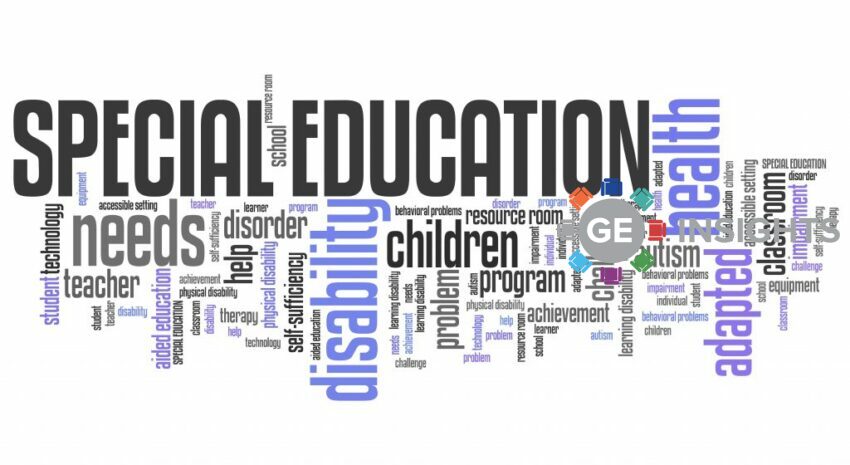Around 1 in 7 people in the UK are Neurodiverse, this accounts for around 15% of the total population. [1] Neurodiversity is a term used to describe a range of neurological differences including:
- Dyslexia,
- Dyspraxia,
- Attention Deficit Hyperactive Disorder(ADHD)
- Autism
These conditions can often co-occur and influence the many ways the brain functions and a person’s behaviour.
Under the Equality Act (2010), employers are required to have “reasonable adjustments” in place.[2] This is to ensure the success of disabled employees in the workplace. The updated National Disability Strategy (2021) has further emphasised these needs, the strategy suggests practical actions which can help improve their experiences in everyday life and the workplace.[3]
Neurodiversity in the Workplace
Jess Gosling, Co-chair of the Civil Service Neurodiversity Network (CSNN). explained what the CSNN is and their core focus as a group:
- A volunteer-led staff network within the UK Civil Service
- Seek to create a safe space for anyone working in the UK government who is neurodiverse
- Ensure those who are neurodivergent have the support they need in the workplace
- Ensure they have the resources so they can talk about their own experiences of being neurodiverse.
- Create inclusive and accessible approaches in all activity streams so that inclusivity can be championed. [4]
Staff networks like these are key to improving support for neurodivergent employees in the workplace. They help champion their needs and provide spaces for them to thrive. These spaces recognise the need for intersectionality, meaning there is not a one size fits all approach in providing help and support.
Most workplaces provide baseline help and accommodations for neurodivergent individuals. These measures do not create a working environment tailored to a person’s needs though.
This is where the CSNN helps provide support to the individual so that their personal needs can be met by the organisation.
“Exclusion does not foster inclusion”
Jess Gosling, Co-chair of the CSNN
Individual accommodations are adjustments that enable people with disabilities to perform the functions of a job. Some accommodations are:
- Noise-cancelling headphones and a clean desk policy- reduces sensory sensitivities for autistic employees
- Assigning the employee a buddy- This person helps the employee assisting with communication and any other issues with social cues
- Screen reading software- Allows staff to hear on-screen text read aloud to aid neurodivergent employees with information processing

Collaborating with the employee is central to putting individual accommodations in place. All individuals have their own separate needs, even if they share the same condition as another person. Working collaboratively is central to the success of any workplace, and it creates the open communications needed to make everyone feel welcome.
By having these open discussions, organisations benefit from the many advantages and perspectives neurodivergent people bring to the team. These individuals offer unique perspectives and strengthen the workplace dynamic. Creating spaces where the individuals feel welcome boosts their productivity and employee satisfaction.
Online working
Jess highlighted the need to address the barriers neurodivergent individuals face when working online. The means to help them overcome the obstacles they face are simple changes workplaces can implement.
• Provide mental health services and support
• Minimise cutting off speakers during meetings
• Include breaks in long meetings
• Don’t always expect people to use their cameras during meetings
Make online working more accessible to neurodivergent employees. They can also benefit all employees, and are not measures specifically aimed towards neurodivergent people. They are instead good ideas to meet a wide range of employee needs, making the space more inclusive.

Neurodiverse employees are the same as all other employees. They need access to the tools which can advance their careers just as other employees do. The CSNN also works to ensure justice and equality of opportunities with neurodiverse colleagues who perhaps need alterations in employee evaluations and job applications.
Learning about Neurodiversity
Education is also key to improving support for neurodivergent people in the workplace. Giving all employees access to education and resources creates a greater understanding of neurodiversity across the organisation. The CSNN works to educate people on the experiences of their neurodivergent colleagues in the workspace. They do this by giving them a space to share their experiences as a neurodivergent person. Having this open communication means that people are more understanding of the realities that neurodivergent people face on a day-to-day basis.
A welcoming atmosphere fosters better working conditions, improving not only productivity but also creating an environment that allows neurodivergent people to progress in the workplace.
The best way to improve support for neurodivergent colleagues in the workplace is to have open communication channels. Managers or colleagues should not be afraid to talk to neurodivergent colleagues about their needs.
These are simple changes for any workplace to make and will benefit the workplace as a whole.
[1]Health Education England NHS, Neurodiversity Support
[2] The Equality Act (2010)
[3] The National Disability Strategy
[4] Gosling, Jess, Co-chair of the Civil Service Neurodiversity Network (2021)
[5] National Autistic Society, Neurodiversity in Education
Other resources shared to GE Insights discussing neurodiversity in school and at work can be found here.
Register FREE to access 2 more articles
We hope you’ve enjoyed your first article on GE Insights. To access 2 more articles for free, register now to join the Government Events community.
(Use discount code CPWR50)




